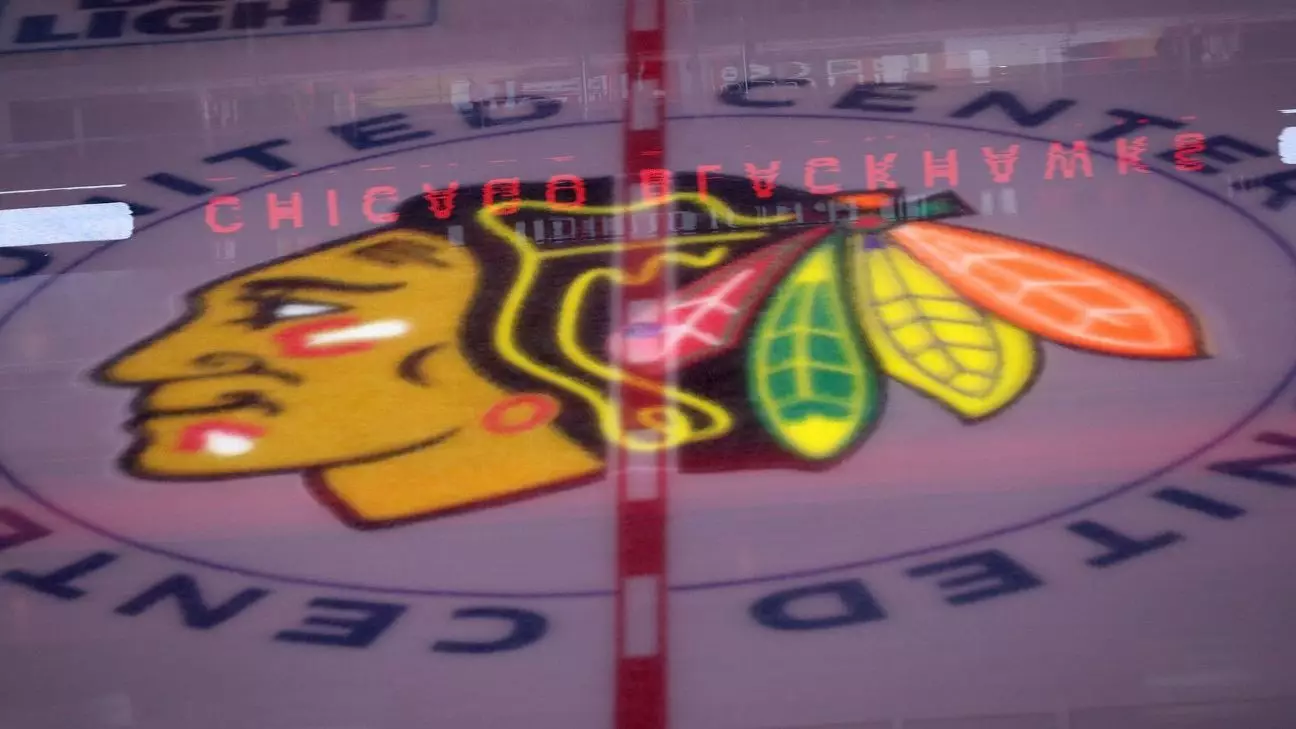The tragic saga involving the Chicago Blackhawks’ mishandling of sexual misconduct allegations reveals a fundamental flaw within professional sports organizations: a troubling tendency to prioritize winning and reputation over the safety and well-being of individuals. This case exemplifies how systemic negligence not only perpetuates harm but also erodes public trust in institutions that are supposed to uphold integrity. Blackhawks’ obvious failure to act decisively when first confronted with allegations against Brad Aldrich exposes a dangerous culture of complacency and indifference. These organizations are often more concerned with avoiding scandal than confronting uncomfortable truths, a stance that complicity breeds further misconduct. The Blackhawks’ initial response—resigning Aldrich and then allowing him to leave quietly—demonstrates a gross abdication of responsibility, ultimately enabling further abuse and psychological trauma.
This institutional failure underscores a broader truth: neglecting internal issues leaves victims vulnerable and fosters environments where abuse can flourish unchecked. Sports organizations, by their very nature, wield immense influence over players, staff, and fans. When their leadership opts for silence or minimal action, it signals an alarming message: that safeguarding individuals’ rights is subordinate to protecting the organization’s reputation. This case exemplifies the urgent need for proactive, transparent policies that prioritize victim support and accountability, rather than superficial responses designed solely to mitigate PR fallout.
The Human Toll and the Myth of Resilience
The personal stories of the victims reveal devastating consequences of unchecked misconduct. The lawsuit filed by John Doe, identified rather symbolically as a Black Ace—a team prospect—illuminates the devastating long-term impact of abuse. Doe’s suffering, marked by emotional and physical pain, is emblematic of thousands of similar cases across sports disciplines. When organizations dismiss or ignore early warning signs, they tacitly endorse a culture that downplays the severity of abuse, fueling cycles of trauma.
The case of Kyle Beach, who publicly disclosed his experience, broke a powerful silence around sexual misconduct in sports. Yet, his courage was met with institutional apathy until external pressures prompted action. The fact that the Blackhawks’ leadership continued to deny accountability for years signifies a profound failure to understand that victim healing is a process intertwined with systemic reform. Victims are often told to be resilient and move on, but true resilience requires acknowledgment, justice, and meaningful change. The Blackhawks’ delayed response not only inflicted additional harm but also perpetuated a myth that victims should simply endure and recover quietly—an insidious notion that diminishes the complex reality of trauma.
The Consequences of Cover-Ups and the Path Toward Accountability
The aftermath of this scandal highlights how cover-ups and minimal consequences only deepen wounds. The NHL’s fine of $2 million to the Blackhawks was a start, but it barely scratches the surface of the organizational failure. Beyond financial sanctions, there was an evident scramble among executives to distance themselves from responsibility. The resignation and subsequent reinstatement of key figures like Kyle Beach’s superiors point to a cycle of accountability and absolution that ultimately undermines real change. The reinstatements, justified with claims of personal growth and remorse, raise questions about the sincerity of the league’s efforts to foster a safe environment.
It is apparent that superficial reforms—resignations, paid settlements, and public statements—are insufficient without comprehensive, sustained commitment to cultural change. This incident should serve as a wake-up call to all sports bodies: safeguarding must be embedded into core organizational values with robust oversight, transparent reporting mechanisms, and victim-centered policies. Until authorities recognize that accountability entails more than symbolic gestures, similar tragedies will continue lurking beneath the surface.
Moving Beyond Damage Control: Cultivating a Culture of Respect
Organizations like the Blackhawks face an uphill battle in rewriting their internal narratives. They must transition from reactive damage control to proactive cultural reform. This involves extensive training, empowerment of victims to speak out without fear of retaliation, and meaningful consequences for misconduct at every level of sport. Only then can institutions begin to repair their fractured trust and demonstrate a genuine commitment to change.
Additionally, leadership accountability must be redefined. The reinstatement of former executives—despite acknowledgment of past failures—sends a troubling message that remorse can be characterized primarily by rehabilitation efforts rather than concrete reforms. The sports community must reject such token gestures in favor of transformative policies rooted in transparency and justice.
The Blackhawks’ scandal exposes the urgent need for sports organizations worldwide to introspect: Are they willing to confront their darkest fears and prioritize human dignity over reputation? The answer hinges on whether they see safeguarding individuals not as an obstacle to success, but as the very foundation of their integrity. Only through relentless accountability, ongoing education, and unwavering commitment to victims can real change be realized—and hopefully, prevent future tragedies from repeating themselves in the shadowed corridors of professional sports.

